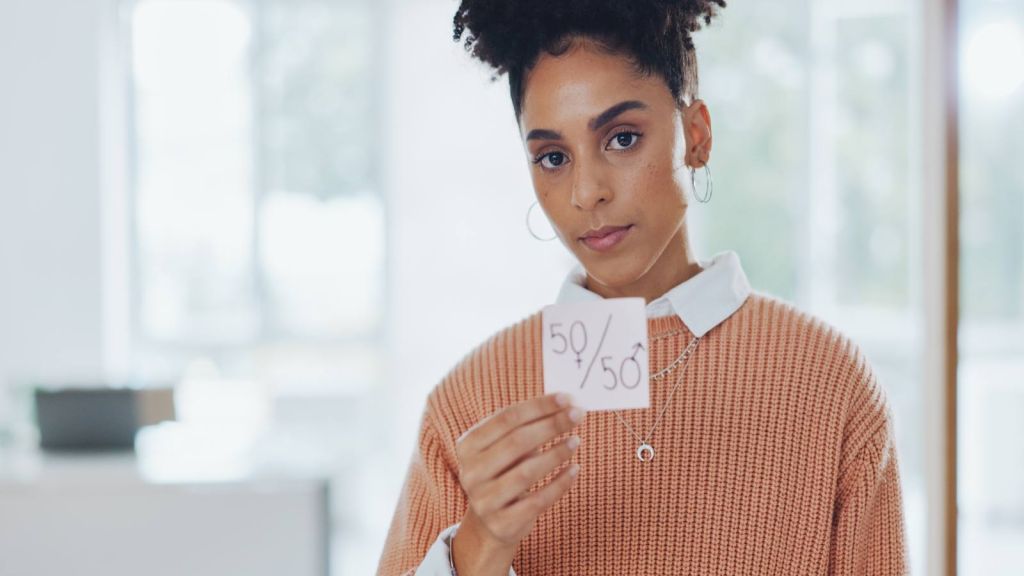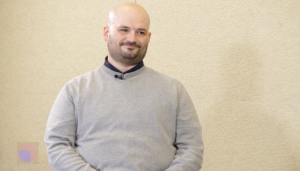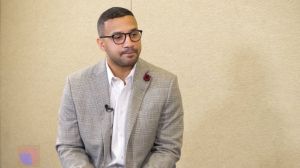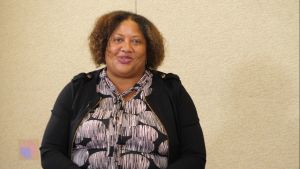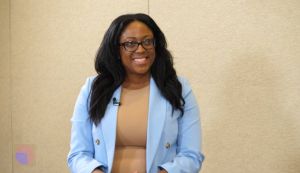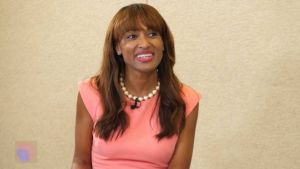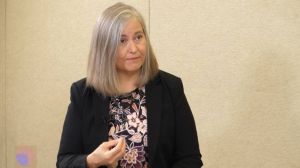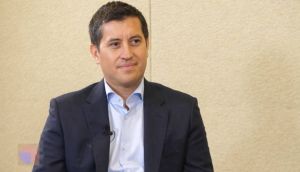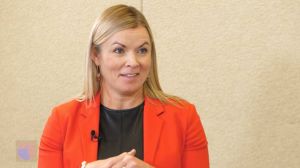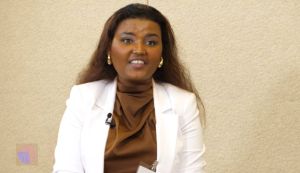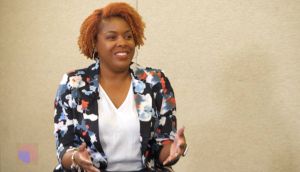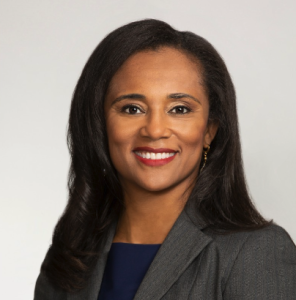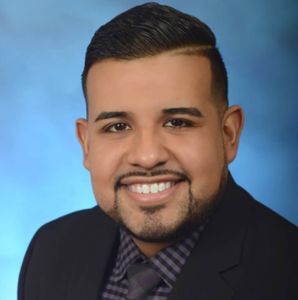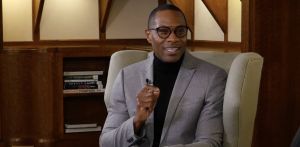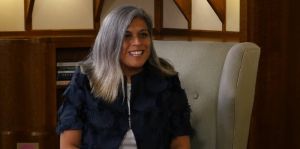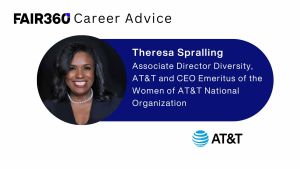Sabina Zaman is a partner in EY’s Financial Accounting and Advisory Services practice (“FAAS”) based in New York. She leads the Wealth and Asset Management sector
Sabina has more than 20 years of consulting experience serving multinational clients in the asset management, banking and insurance sectors. Her diverse experiences as an auditor, subject matter advisor (IFRS/US GAAP/SEC), capital markets deal advisor and management consultant, enable her to bridge technical accounting/financial reporting advice with an understanding of operations.
Sabina is a CPA, licensed in New York, and is a member of the American Institute of Certified Public Accountants (AICPA). She holds an MA in Economics (Carleton University, Canada) MS in Accountancy (University of Urbana) and MBA (University of Manchester, UK), International Affairs Diploma (University of Stockholm, Sweden)
Sabina’s early childhood years was spent growing up in many countries all over the world: Senegal, Sweden, Australia, Canada and the Philippines. In her spare time, she loves to travel, play tennis and enjoy all the cultural experiences NYC has to offer.
DI: Your early childhood was spent growing up in a number of different countries. What perspectives did those experiences give you about diversity and inclusion?
Zaman:I was extremely fortunate to have lived in several countries while growing up. My father was a diplomat in the late 80s and early 90s and every three to four years, our family would pack up their luggage and head to a new country. Each location was an adventure, from Australia to the Philippines to Senegal to Canada and finally Sweden, each presented its own challenges, for example, moving from the British educational system to the American educational system in the middle of the school year or having to complete my high school degree via correspondence course with the University of Nebraska –Lincoln when we were in Senegal.
As a child, it was tough to move around constantly because it meant adjusting and adapting to different environments and always feeling like the “outsider,” having to work extra hard to make friends and feel part of a community. These personal experiences heightened my self-awareness and allowed me to understand the importance of diversity and inclusion, not just in the workplace, but in life. I remember the small gracious acts that individuals showed me. For example, my first day in high school at Manila International School, I did not know a single person, and this young woman welcomed me with a smile in the cafeteria and asked me to join her friends. It’s these type of small gestures that I’ve carried with me throughout my life and make it a priority to welcome new people to social settings/circles.
By interacting with individuals from different cultures, religions and beliefs, I saw the world from different lenses – it made me a curious and open-minded person, with a grounded sense of reality. These skills help me to relate to people and form a connection without judgment. This ability to build rapport and relationships is key in our public accounting profession.
DI: How did you get into accounting?
Zaman: I have to admit, I fell into the accounting profession by chance. As an international student, I applied to pursue a doctoral program in economics at the University of Illinois and my friends suggested that I apply for the Masters in Accounting program. I was accepted to both programs and received a scholarship to pursue both degrees. Unfortunately, that same year, my father passed away, so facing a personal loss, I chose to pursue the accounting degree to quickly enter the job market and support my family.
DI: Were there female role models and mentors available to you early in your career?
Zaman: Both my maternal and paternal grandmothers were early female role models. My maternal grandmother spent her early years growing up in Calcutta, India, where she attended a private girls’ college and completed her education until the tenth grade. She instilled in me the love for learning and being curious about the world. At that time, it was uncommon for girls in South East Asia to be focused on studies and their education.
As for my paternal grandmother, she never attended school. She was a very spiritual woman and overcame many life struggles to raise a large family. She taught me the importance of community service, paying it forward and healthy living, as she was into organic foods way before it became mainstream.
These two ladies were a tremendous force in shaping my life. They taught me how being an educated woman could fight poverty. As a result of their influence, I now support the global “Girl rising” campaign, which speaks to eliminating obstacles for young girls to receive an education.
DI: What tips would you give on how to be a good mentor, and separately, how to be a good protégé?
Zaman: All of my mentors had one common trait. They were great listeners and had a genuine interest in getting to know me as an individual. They took the time to understand how my background, perspectives and experiences, would impact my work and responsibilities.
Two important traits for being a potential protégé include being eager to learn and open to feedback and someone who continues to strive to become a better professional.
DI: How important is ‘having confidence’ to being successful at your job and advancing within your organization?
Zaman: In my opinion, confidence, not arrogance, is an important attribute. Over the years, there have been times when I had to demonstrate courage by taking on new assignments or new roles without much guidance. My confidence in each of these instances grew as I became more comfortable with the uncomfortable. For me, confidence was a trait which gradually developed as I gained more experiences and became more comfortable with my skills.




